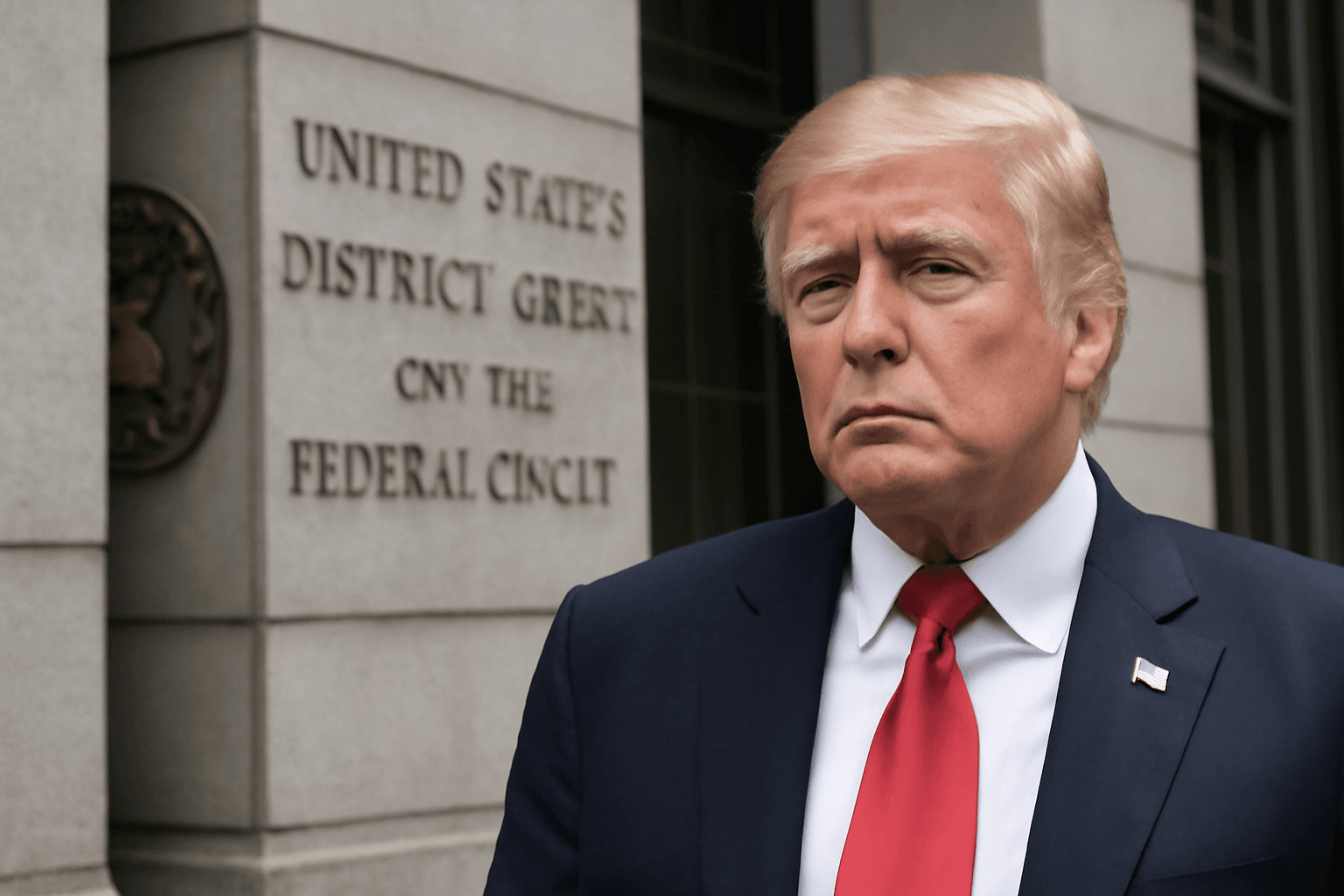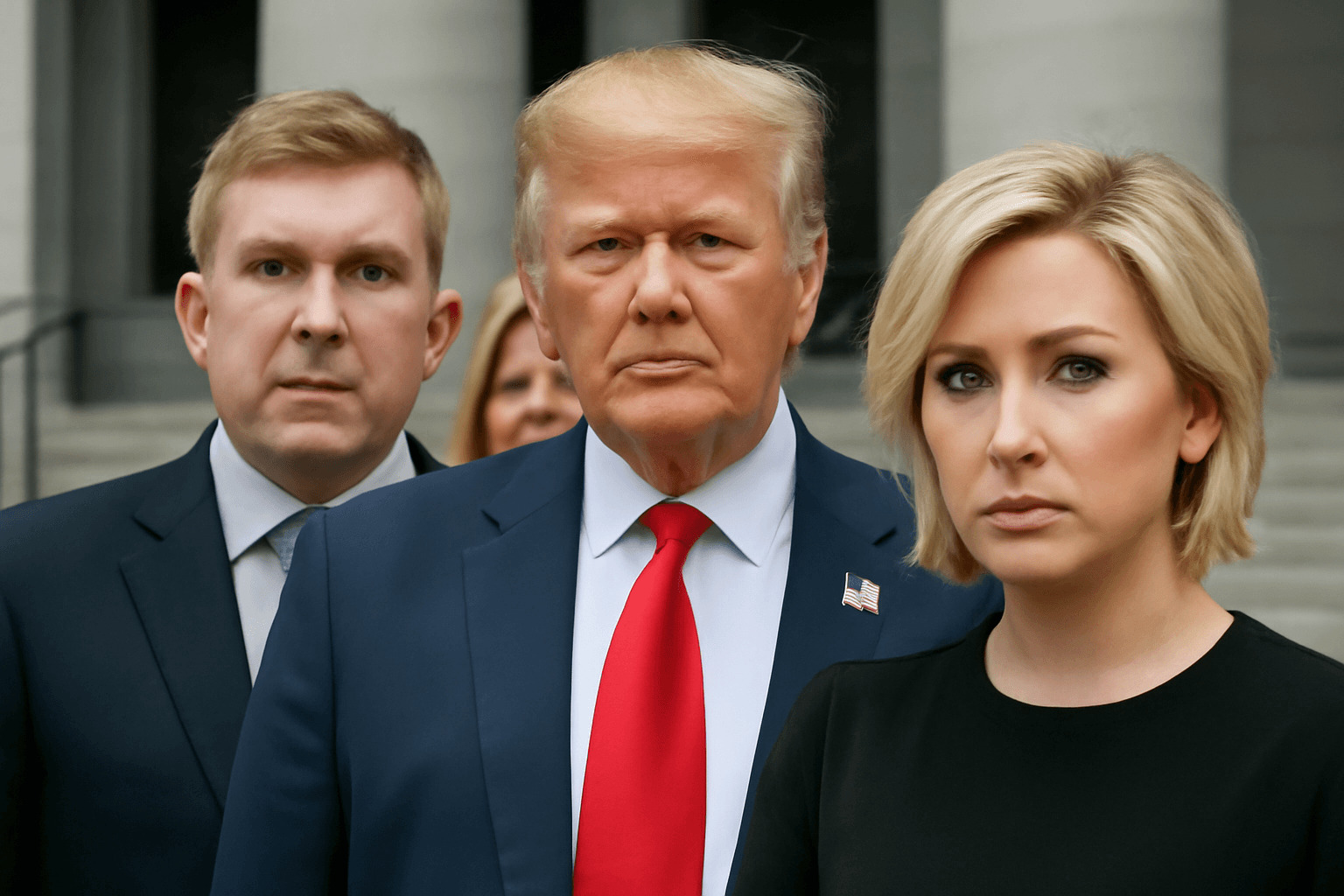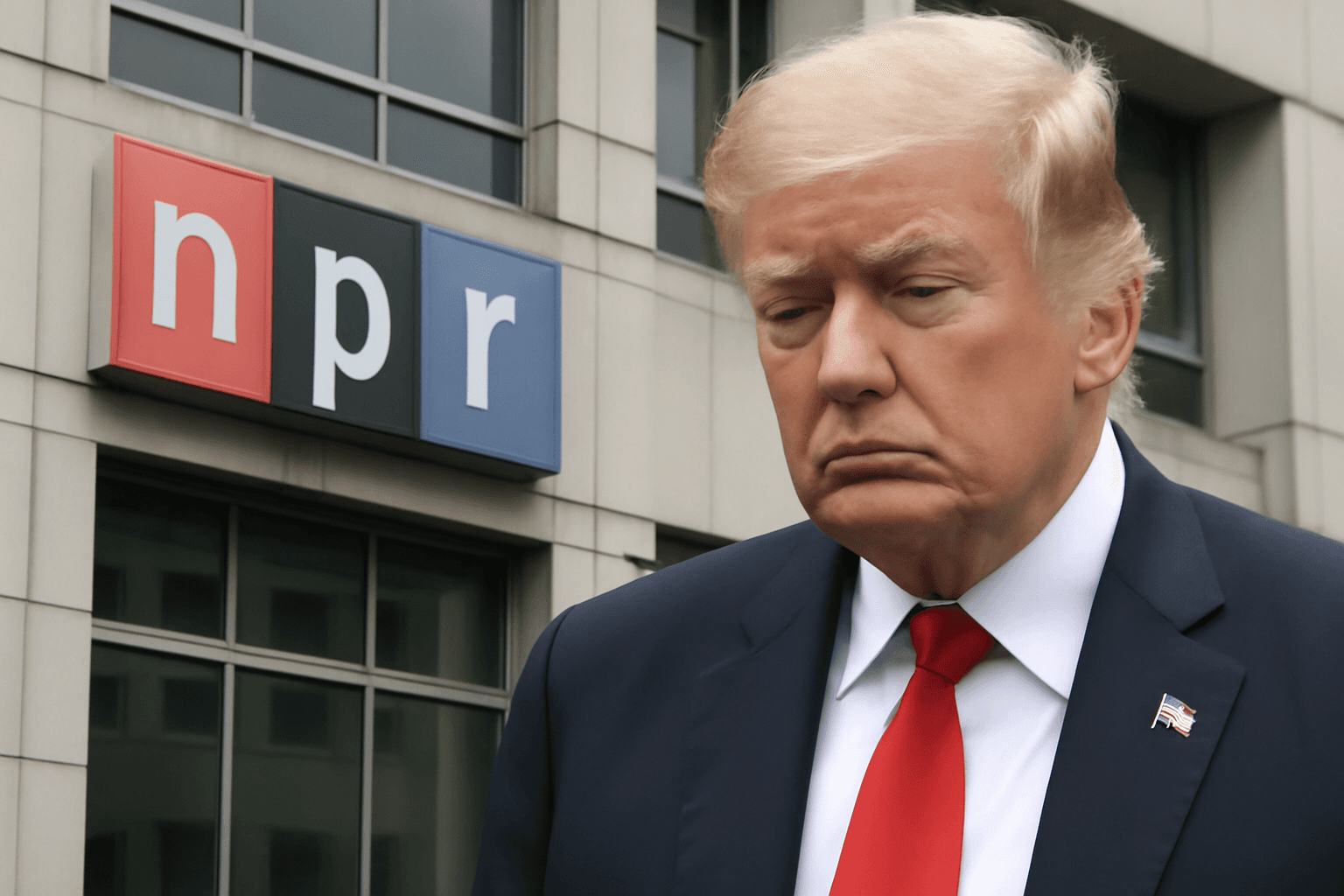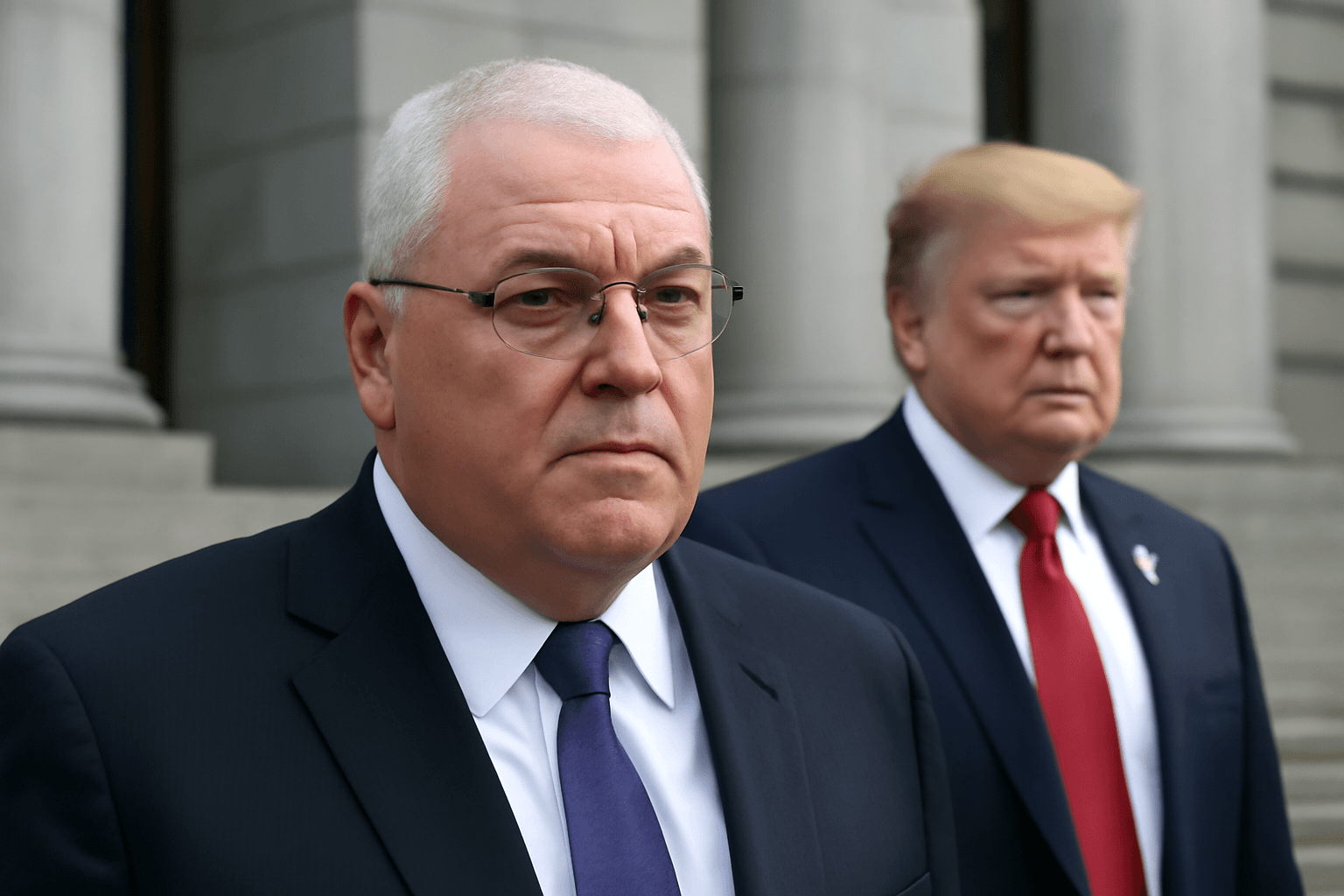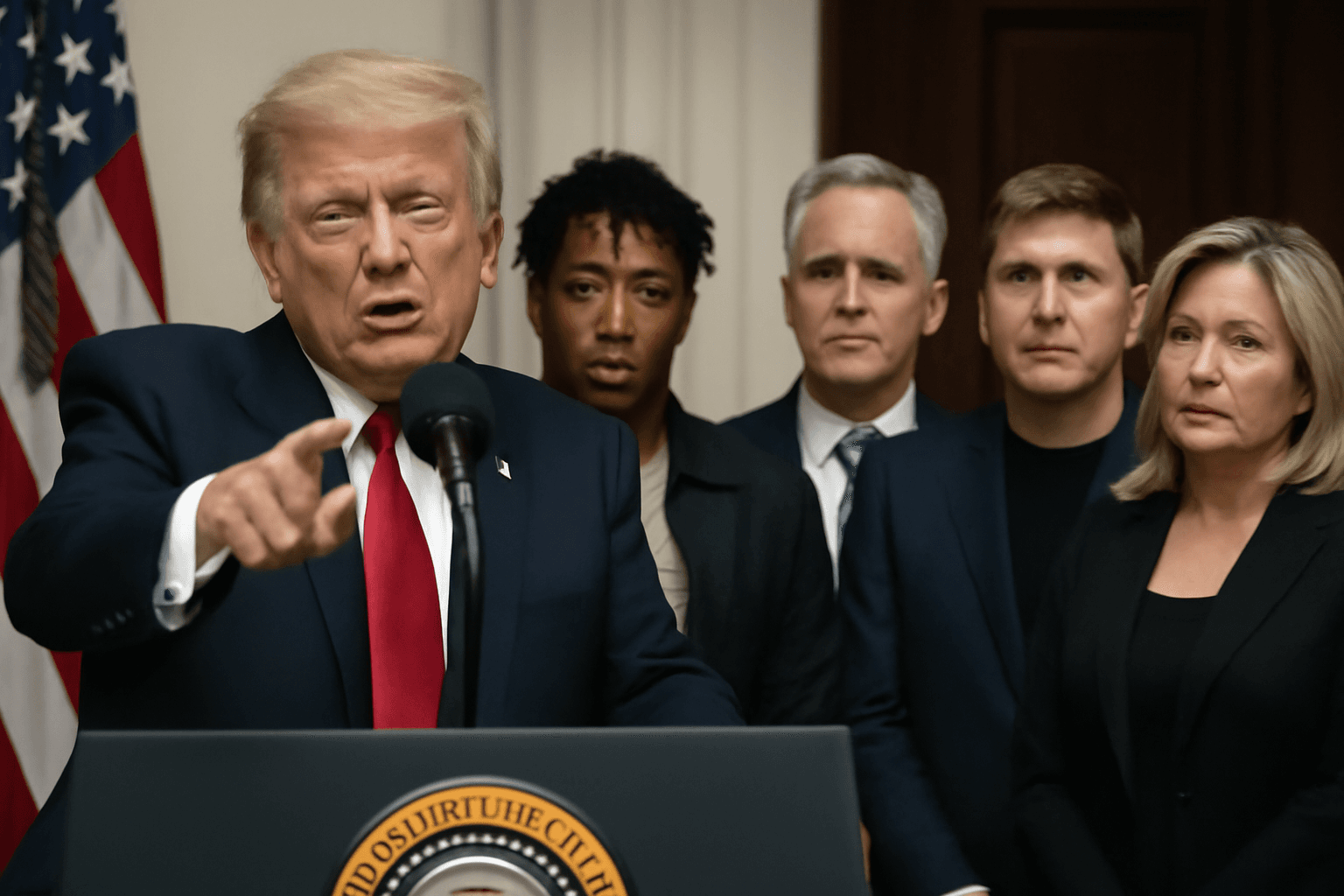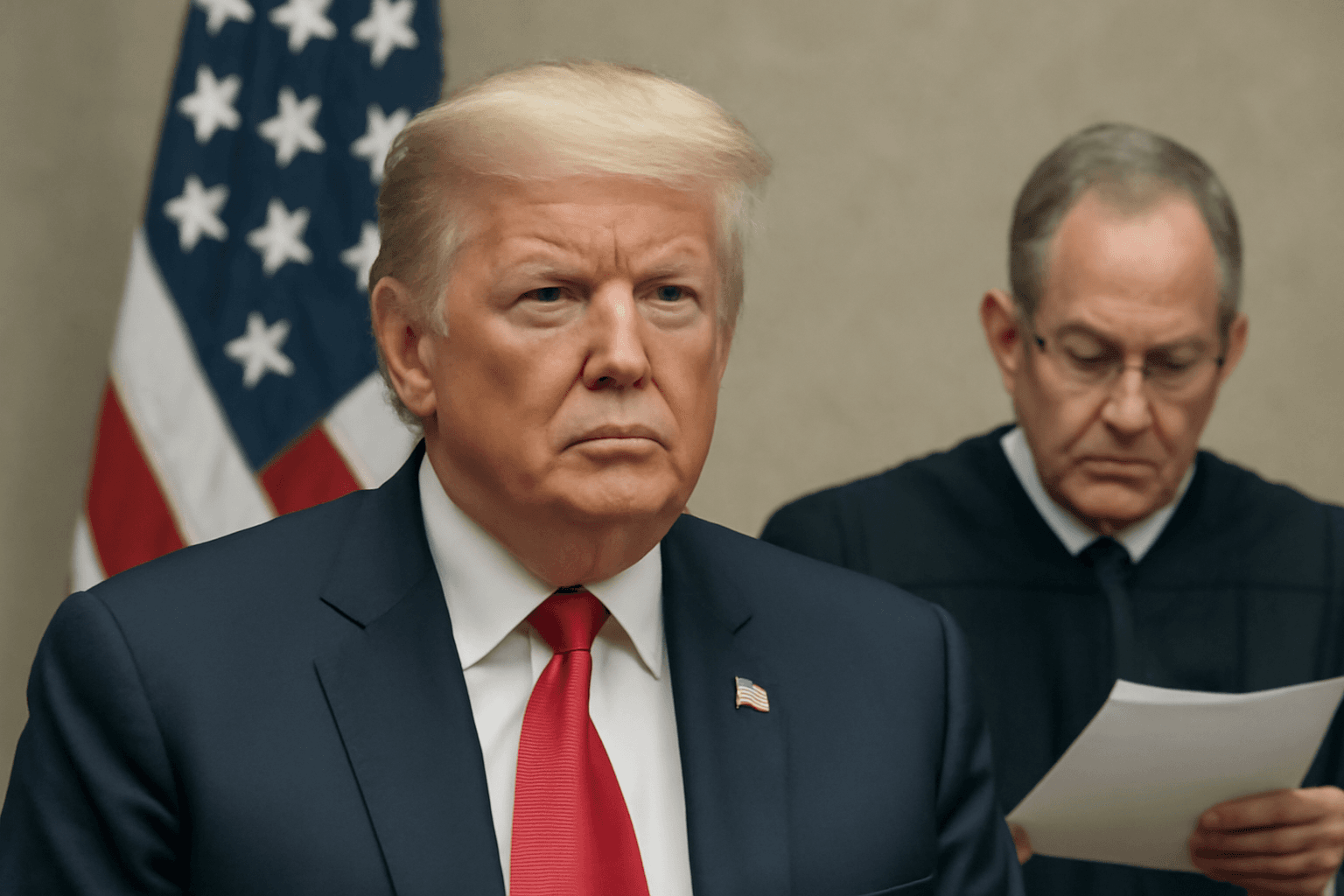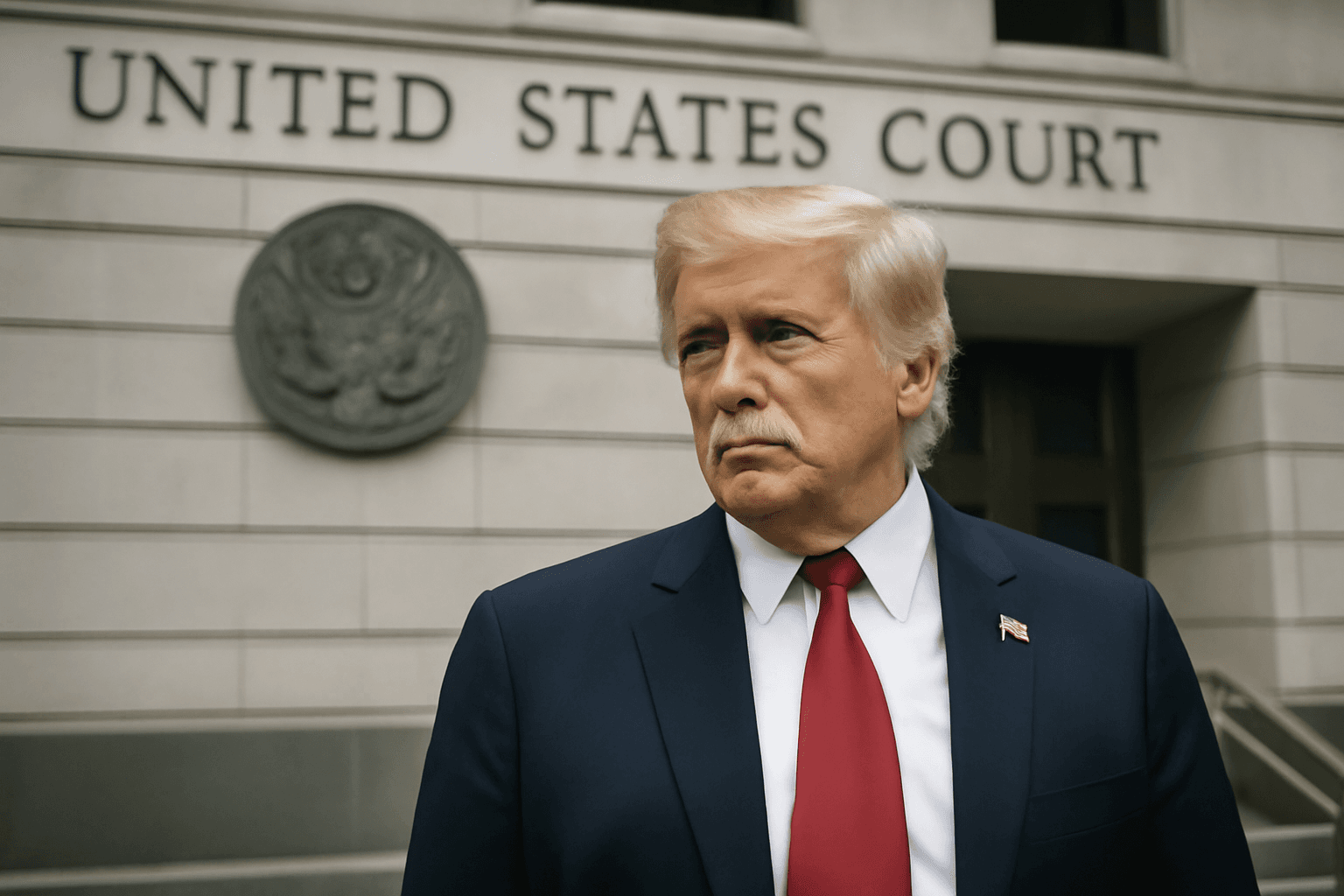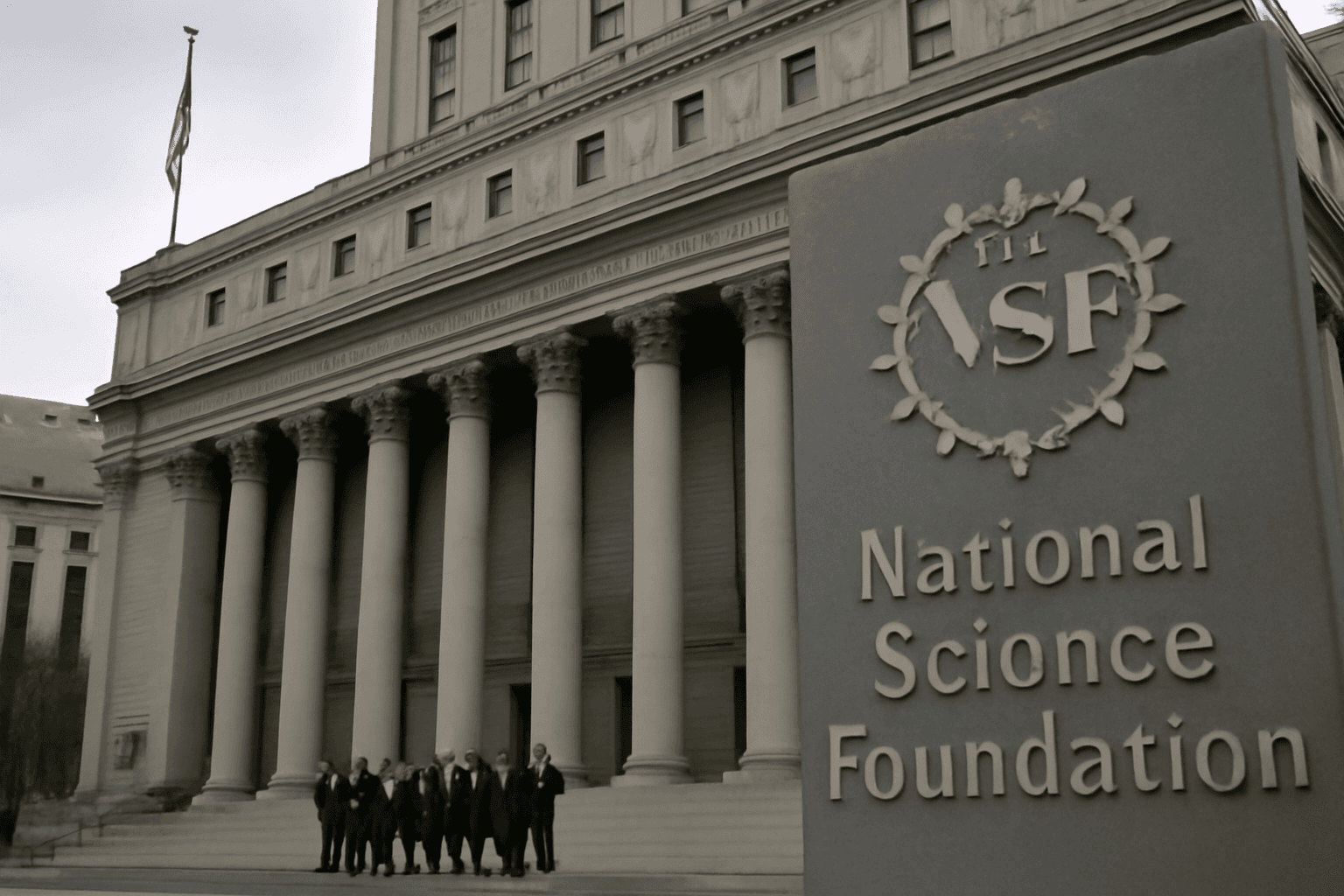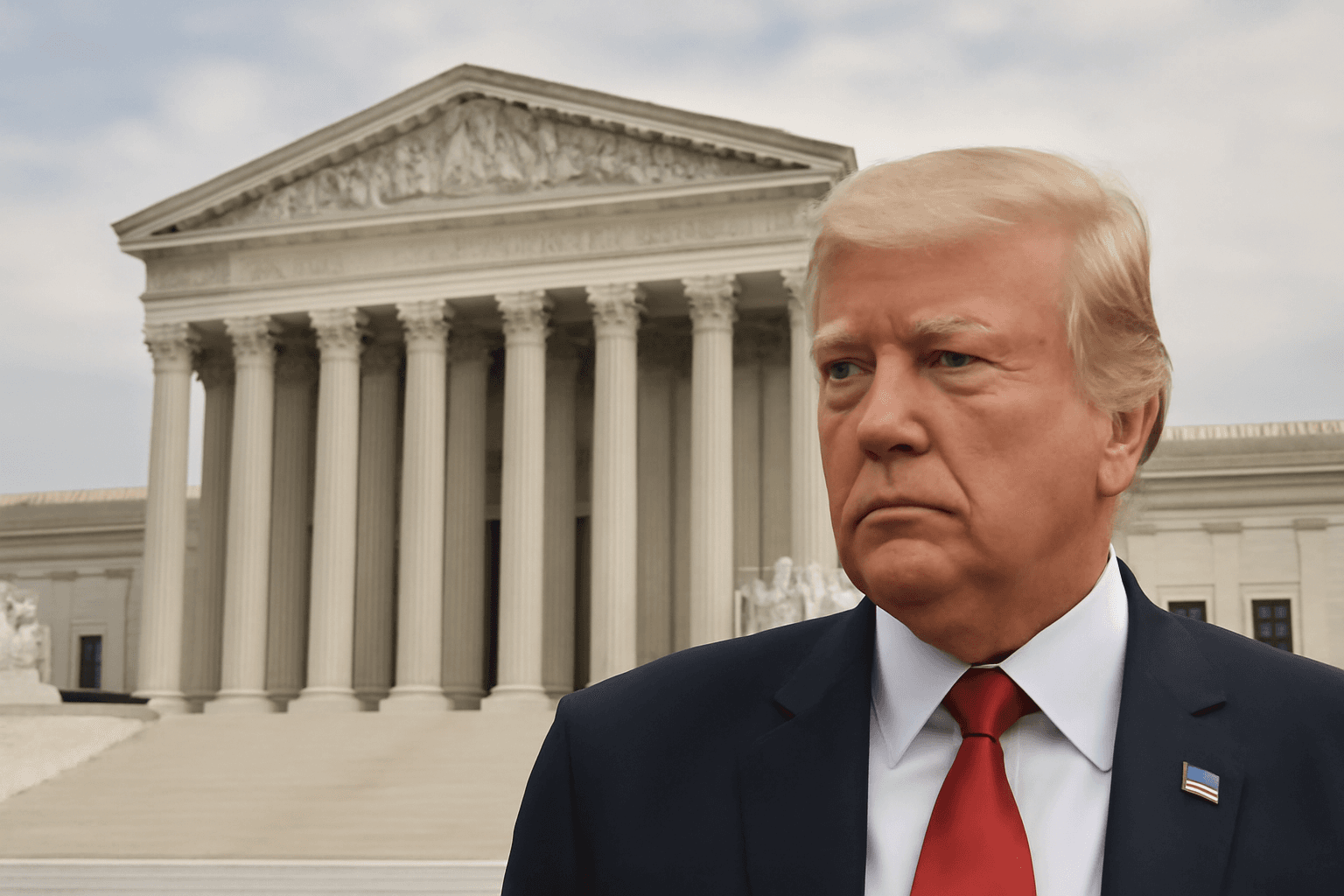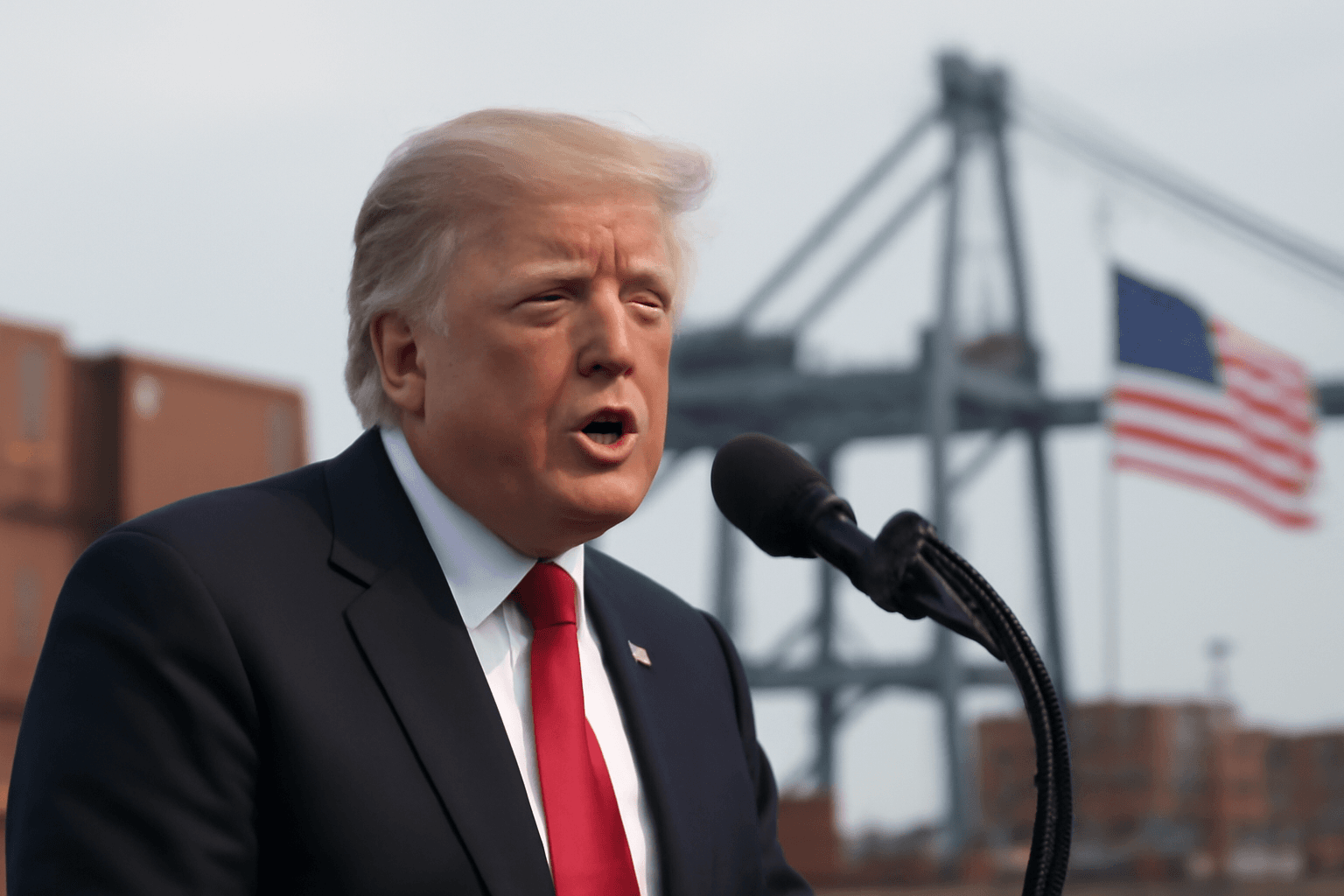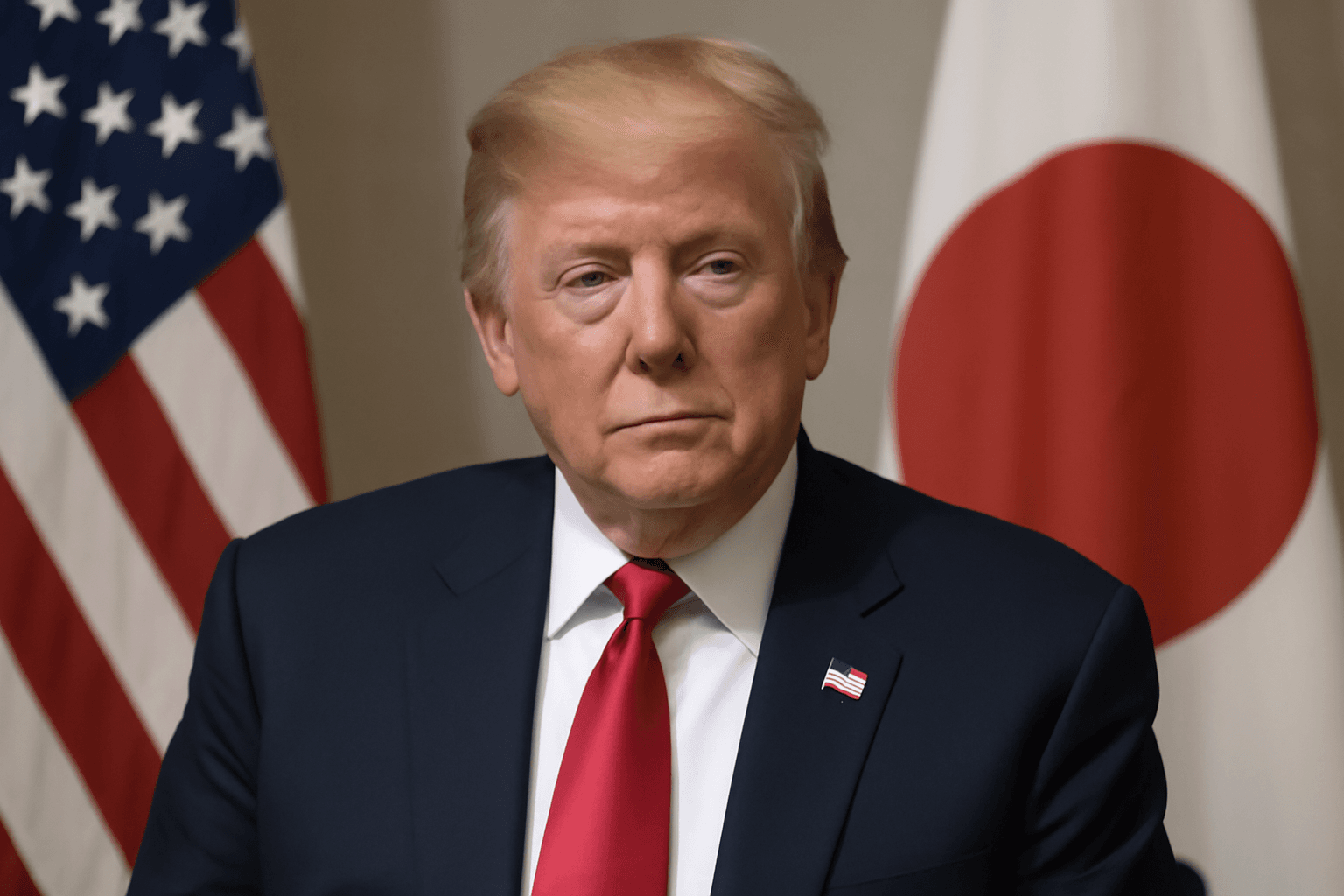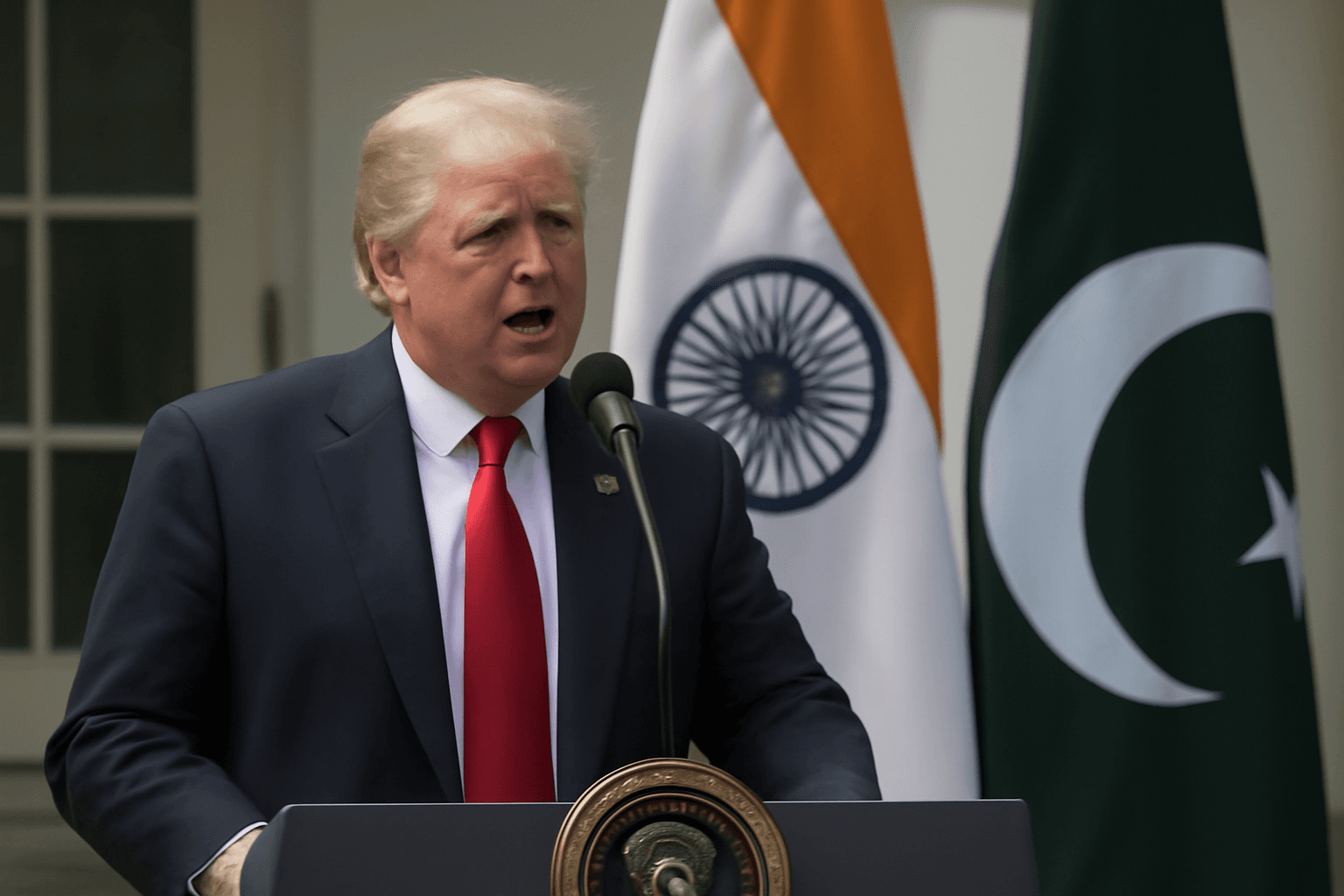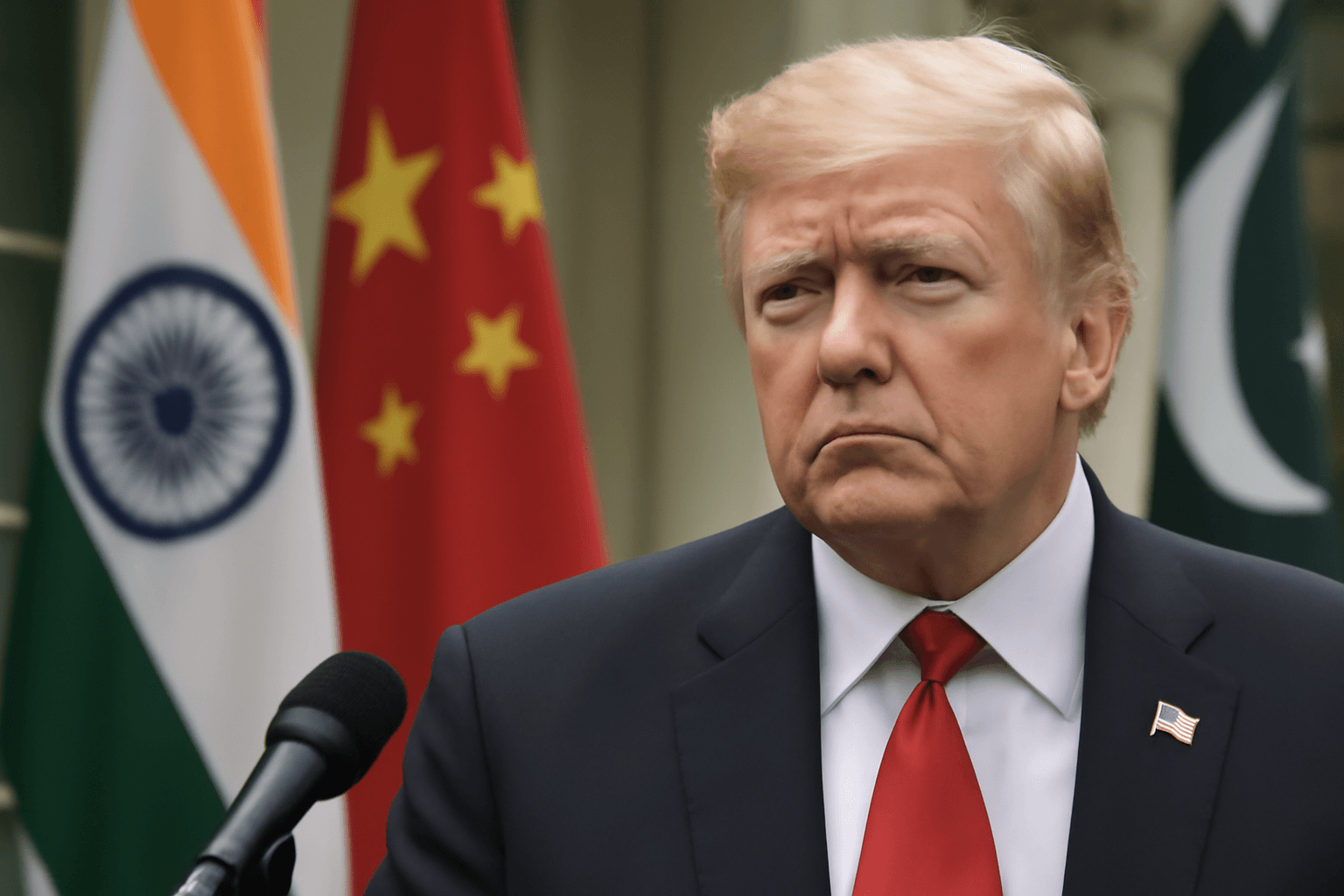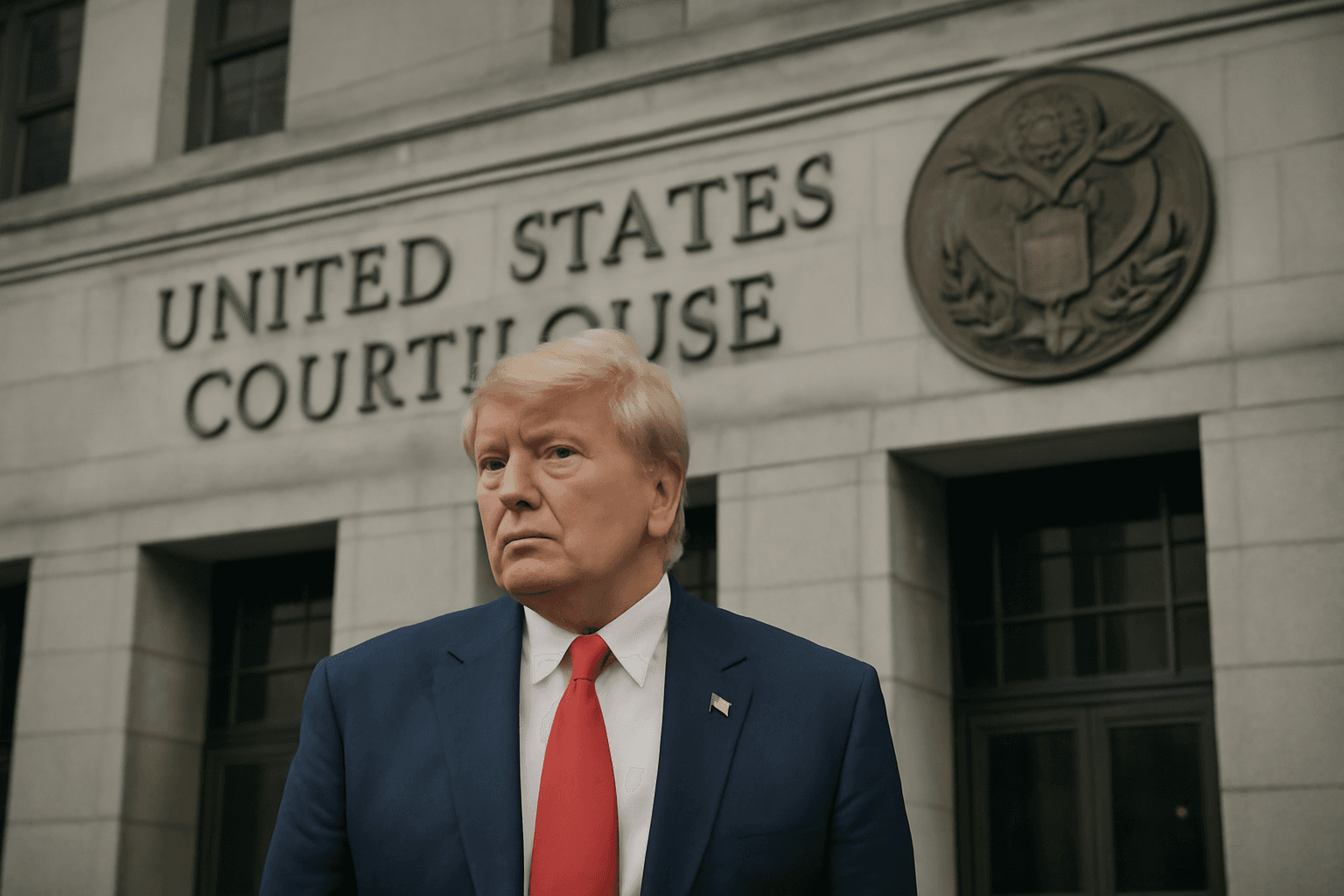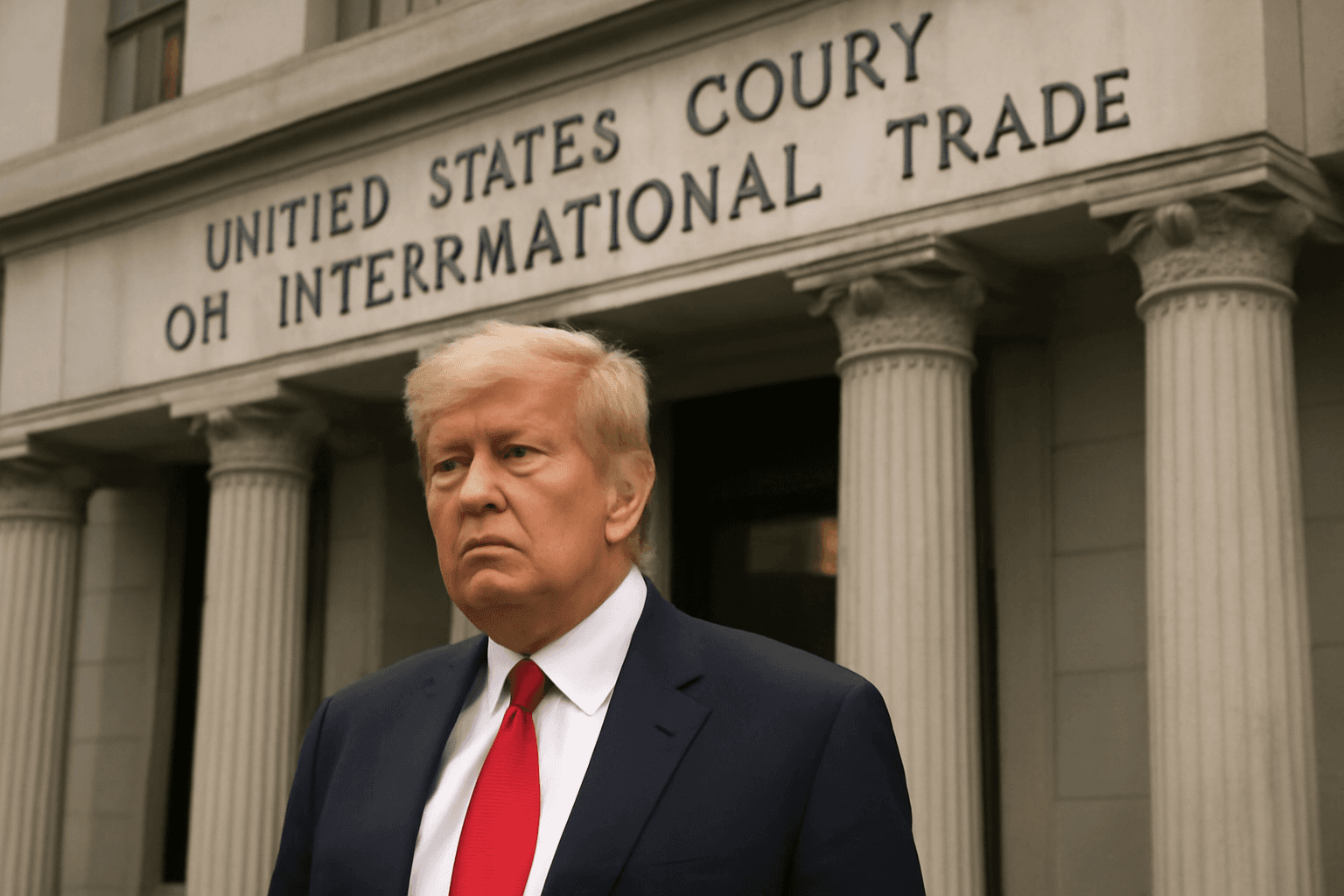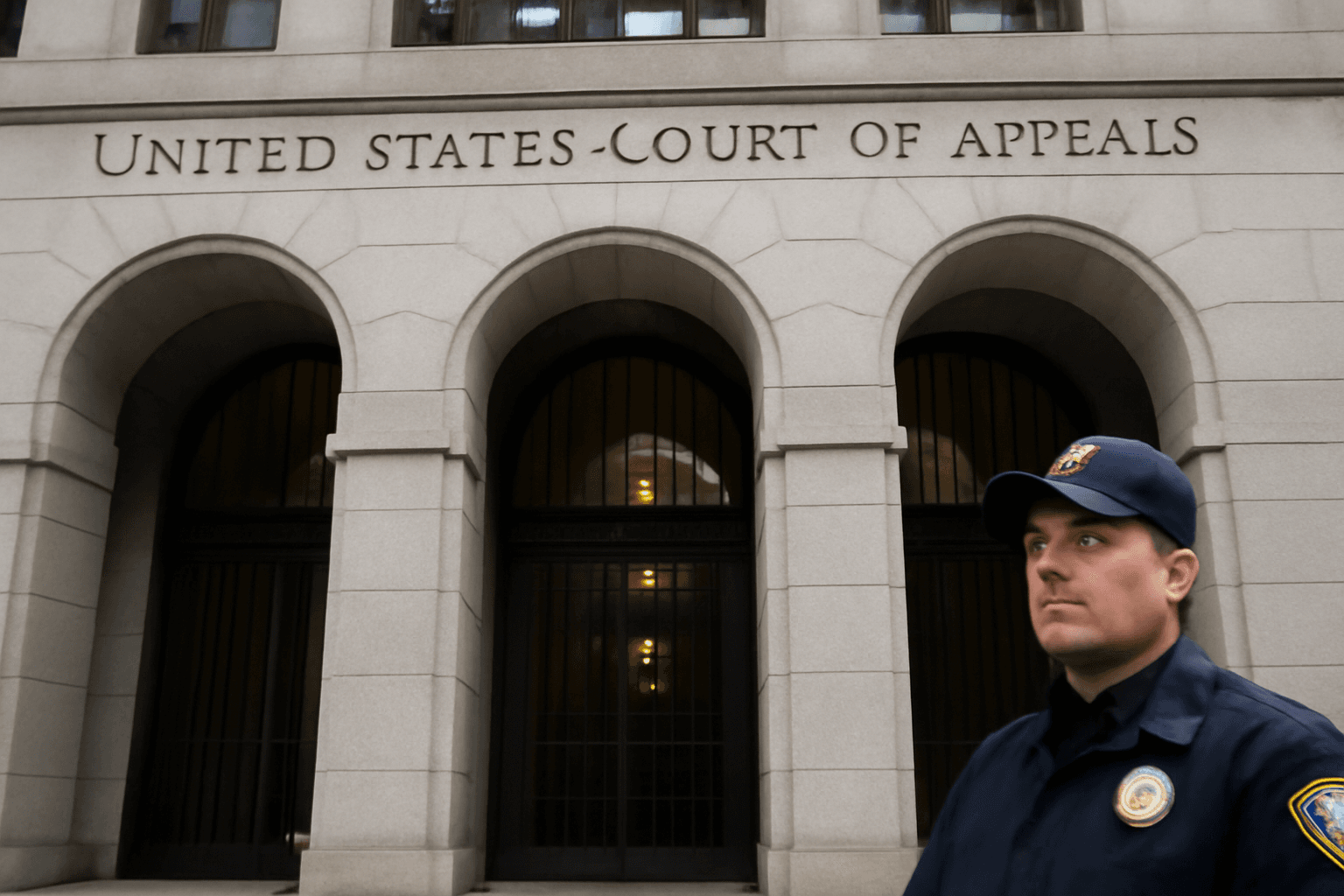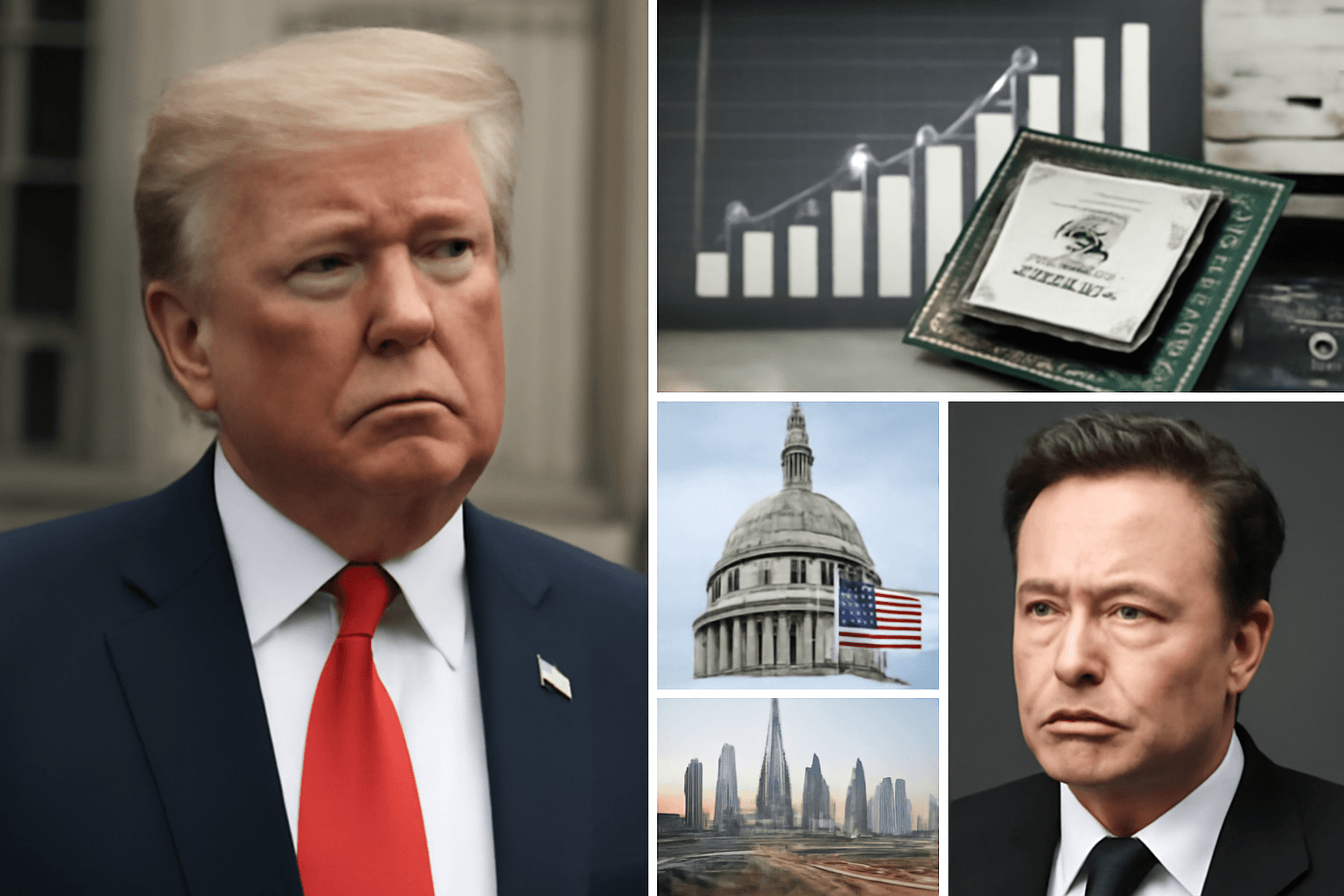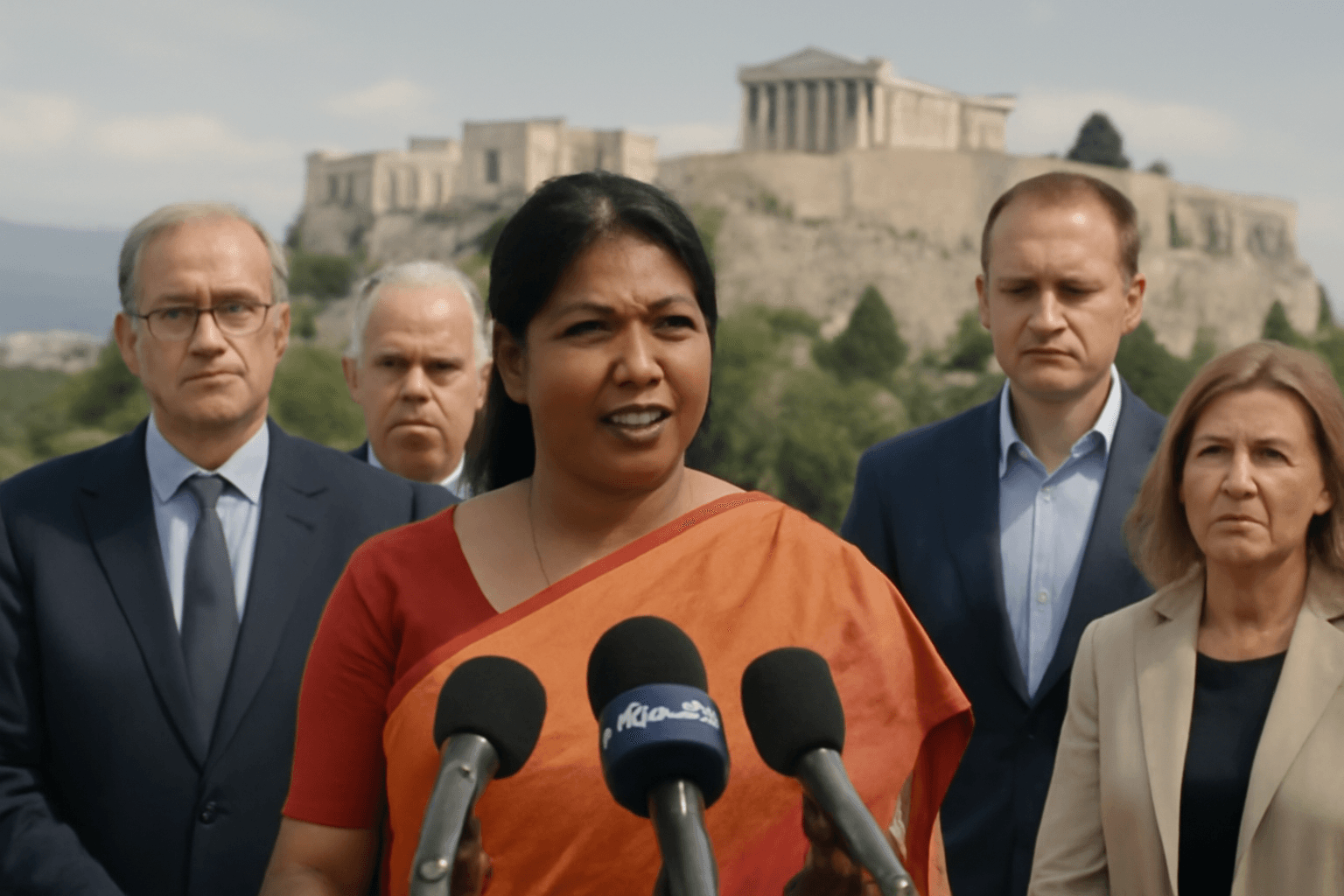Washington D.C., May 29, 2025: A federal court in Manhattan has ruled against former President Donald Trump's broad implementation of import tariffs, determining that he exceeded his authority under the International Emergency Economic Powers Act (IEEPA). The ruling halts the so-called 'Liberation Day' tariffs intended to impose sweeping duties on countries with trade surpluses against the United States.
The Trump administration defended the tariffs as emergency trade measures aimed at addressing unfair trade imbalances, arguing that the president’s powers under IEEPA granted him broad discretion. Officials contended these tariffs were integral to an ongoing, delicate trade negotiation process, including efforts to broker peace between India and Pakistan amid recent tensions from a terrorist attack in Jammu and Kashmir.
Court Ruling Details
The three-judge panel of the U.S. Court of International Trade firmly rejected these claims, stating that Congress alone holds exclusive authority to regulate international commerce, and such power cannot be overridden by presidential emergency actions. The court emphasized that IEEPA allows sanctions only to counter "unusual and extraordinary" national emergencies, not to broadly impose trade tariffs.
"This ruling is not a judgment on the wisdom or efficacy of the tariffs," the court wrote, "but a declaration that federal law does not permit such expansive tariff powers to be exercised by the president. An unlimited delegation of tariff authority constitutes an unconstitutional transfer of legislative power." The decision declared any interpretation of IEEPA that would grant unlimited tariff authority is unconstitutional.
Background on the Tariffs
In April 2025, Trump announced a 10 percent baseline tariff on imports from major U.S. trade partners, increasing rates for countries with significant trade surpluses such as China and the European Union. However, many country-specific tariffs were paused shortly after due to market disruption. In May, the administration also agreed to temporarily reduce the highest tariffs on China during ongoing trade talks.
Legal Challenges
The court's decision stems from lawsuits filed by the Liberty Justice Center on behalf of small U.S. businesses and from a coalition of 13 states. Plaintiffs argue that the tariffs harm their commercial activities. Additional legal challenges against the tariffs continue to proceed in various courts.
Administration's Response
Following the ruling, the Trump administration announced plans to appeal. White House officials and representatives of the suing parties did not immediately comment. Stephen Miller, White House Deputy Chief of Staff, criticized the court on social media describing the decision as a "judicial coup."
This ruling underscores the constitutional boundaries on presidential trade authority and reaffirms Congress's primary role in regulating international commerce.

